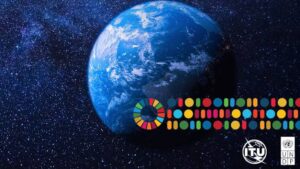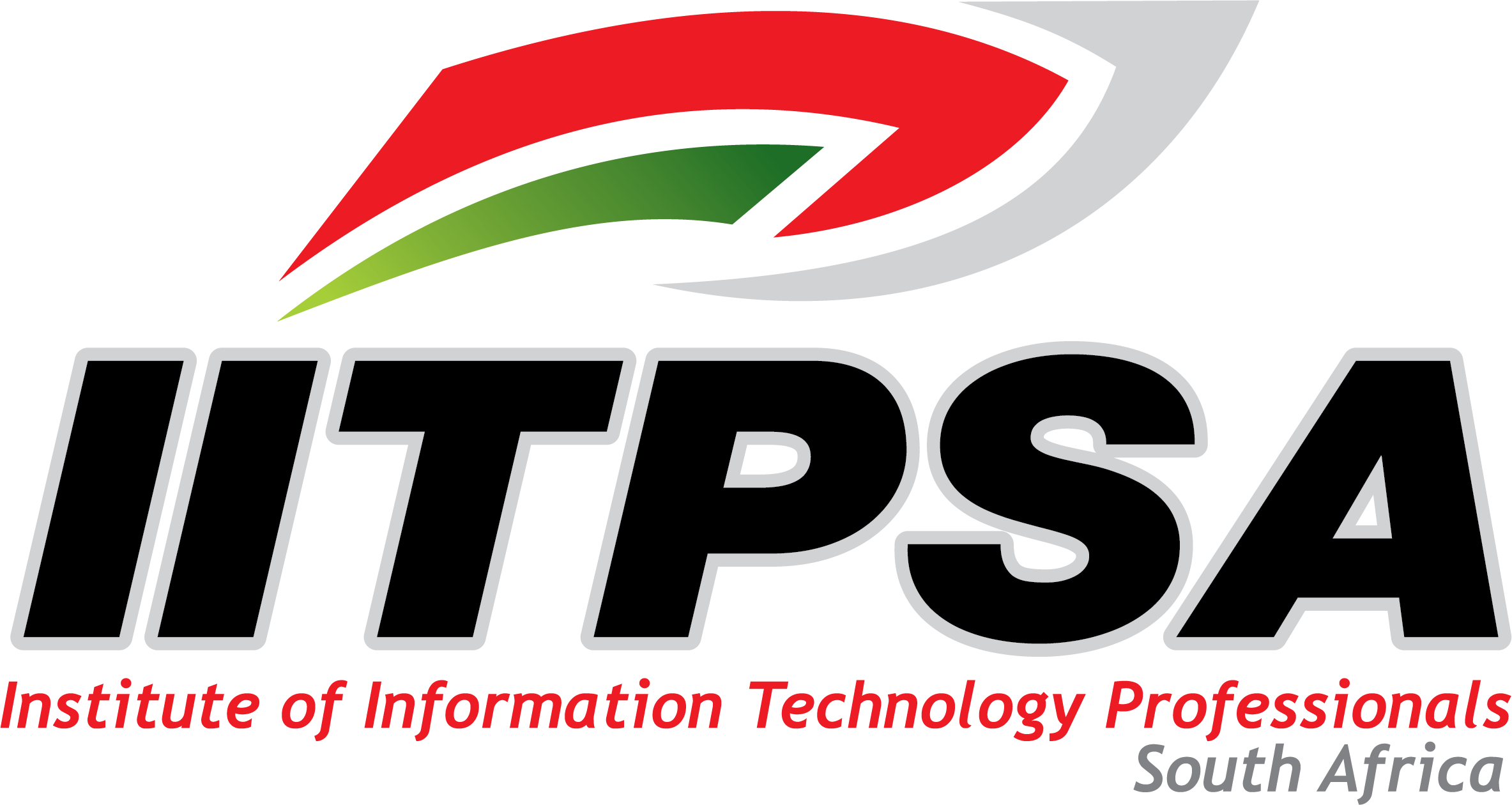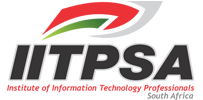
At the IITPSA AGM on 29 August, Chair of the Social & Ethics Committee Josine Overdevest unpacked the ‘ethical digital transformation’ part of the IITPSA mission statement. She highlighted the crucial contribution of digital technology to achieving the 2030 Sustainable Development Goals and how ethical considerations help mitigate risks and negative consequences.
We live in exciting times of fast developing digital transformation and it sometimes feels like science fiction novels like Brave New World and 1984 have become a reality. Digital transformation can be defined as the integration of digital technology into all areas of our lives, resulting in fundamental changes in how different social, economic and political systems operate and create value.
This definition highlights the fundamental impact of digital technology on our lives. An impact that can be for the benefit of all. If we look at the 2030 Agenda for Sustainable Development, it is estimated that digital technology can positively influence 70% of the 169 Sustainable Development Targets. For example, big data can contribute to the goal of good health and well-being by mapping the movement of mobile phone users to help predict the spread of infectious diseases. Singapore uses digital twin technology to recalibrate its efforts in climate change management and the UNICEF Project Connect is a blockchain-based platform that aims to map every school in the world and their connectivity to help reduce inequalities.
The science fiction novels I spoke about earlier painted a dystopian picture of the future since the powerful technologies the writers imagined were created without considering the moral implications. Unfortunately we are also in danger of this dystopian view becoming reality. The negative consequences of the ever-increasing use of digital technology include a growing carbon footprint with ICT’s share in global energy consumption growing from 1,5% in 2017 to 4% today and e-waste is expected to double to 120 million tonnes in 2050. Digital transformation also drives the rapid spread of misinformation, research shows that it takes a true story six times longer to reach 1 500 people on X than false stories. The Digital Divide has only became wider with too many people not having access to digital infrastructure and lacking the skills to make effective use of it. And in the online world, human rights like the right to privacy regularly get violated.
One of the reasons for these, often unintended, negative consequences is that the fast technological development outpaces the development of adequate rules and regulations. So how do we mitigate risks and unintended consequences and ensure that digital transformation truly contributes to environmentally and socially sustainable development when faced by this regulatory vacuum? The current worldwide attention for AI Ethics provides an answer: Ethical principles can guide us during the design, development and deployment stages of digital technologies. They encourage us to consider how the technology contributes to society, the environment and human well-being and how harm can be avoided.
At the IITPSA we strive for ethical digital transformation and we underpin this with the Code of Ethics that all members are expected to adhere to. To create more awareness and understanding of the Code we organise regular webinars, like the recent Green Blockchain webinar, and publish the monthly Ethics in IT column in the newsletter. Members are invited to raise any ethical questions they might have. Together we can change the dystopian view of the future into a positive one.

